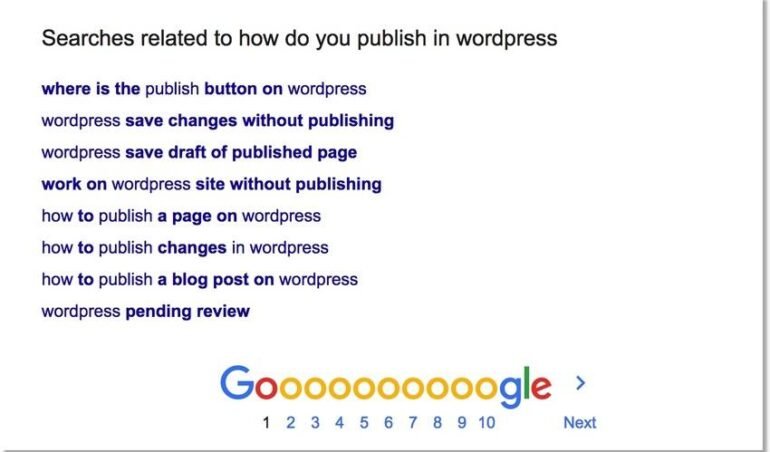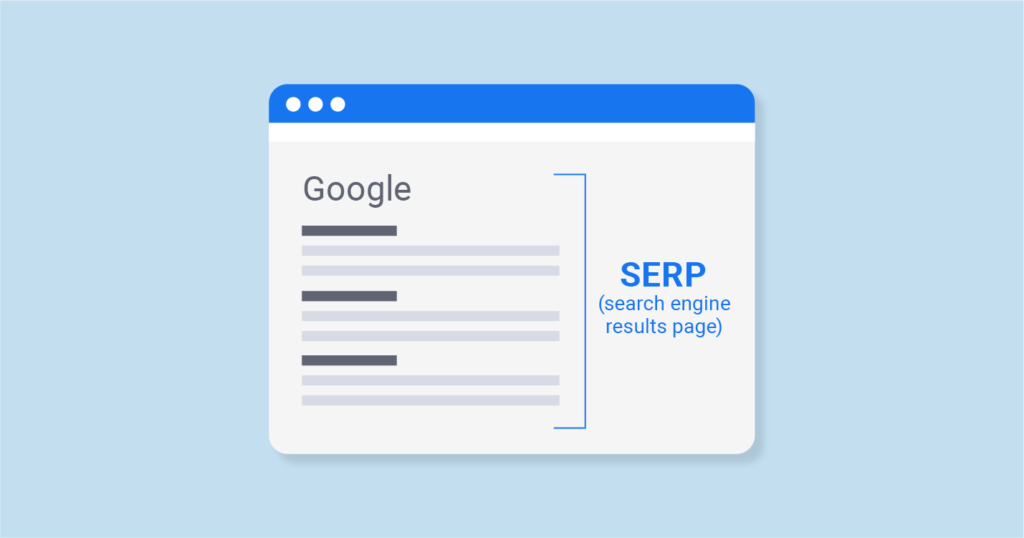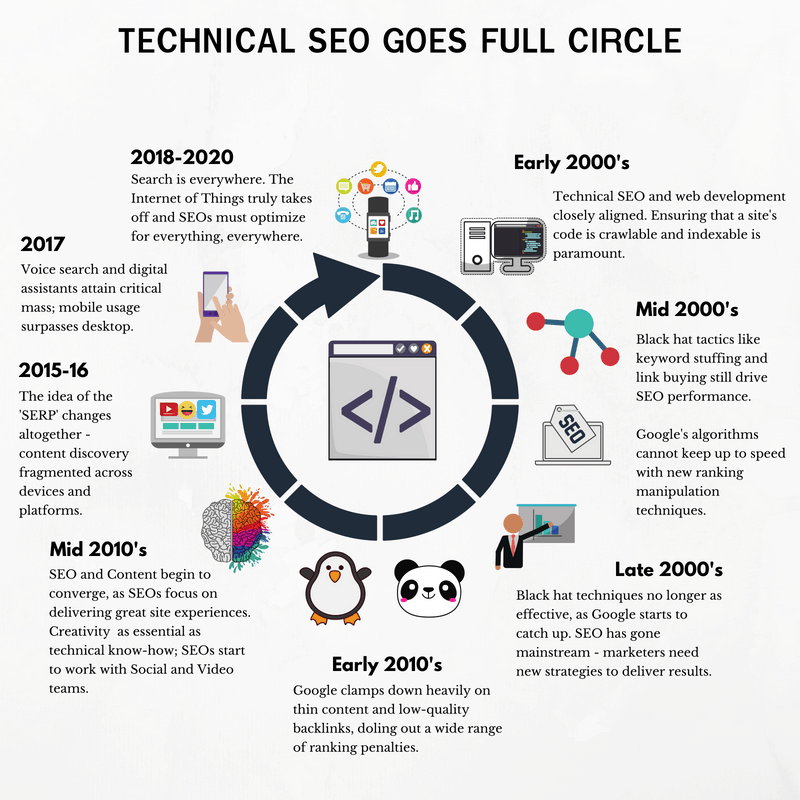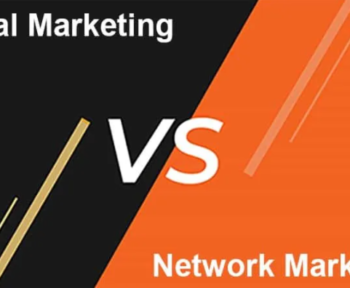I will tell you a secret. Being first on Google does not always mean automatically increasing the number of your customers. In this article, I’ll explain how you can rank first on Google, increase visits to your website, and ensure that this result coincides with real growth in your business.
Table of Contents
Two options: SEM and SEO
If climbing the search engine rankings and appearing first on Google for keywords entered by users is your real goal, then you need to know, first of all, that there are two ways to do it.
You can decide to succeed in a short time, paying Google for each click on your top-positioned result, or you can position yourself in an “organic” way by taking advantage of the services of an SEO consultancy, i.e. without spending money on sponsorship campaigns that you will have to carry out after committing yourself with the creation of your website. This second option certainly takes longer but can give you much more stable and lasting results.
SEM
In the first case we are talking about Search Engine Marketing (SEM), the procedure with which, through the Google Ads panel, you can decide to show your site at the top of the rankings by paying for each click made by users.
The costs of an SEM Campaign can vary from a few cents to several Dollars per click, based on the level of competitiveness of your sector and, therefore, on the keywords for which you will need to be found on the search engine.
SEO
In the second case, we talk about SEO (Search Engine Optimization), a technique that allows you to position your website without costs to be incurred compared to Google. However, the costs of an SEO positioning campaign will concern the services you will need to request from an SEO Consultant, who is able to optimize your website and position it through a strategy that helps you transform your users into customers.
As you can see, being first on Google for free is not a frequent option unless you do all the work yourself, but it would still take up a lot of time that you would have to take away from your profession.
Being first on Google, as you will see in this article, requires commitment and a certain investment, especially when climbing the rankings must turn into an effective increase in your earnings.
But how does SEO work and what does it really take to appear first on Google?
When is it necessary to be first on Google?

Climbing the Google rankings is a topic that always arouses a lot of interest. But in which cases does SEO really become an asset for a company? And when, on the other hand, does a company need to use (also) other tools?
Let’s put it this way: if you are Amazon, Netflix, Trivago, or Booking you could even do without using Google to position yourself (although in reality, if you look closely, you will realize that things are not exactly like this).
While instead if:
You are a small local business and would like to project yourself beyond the borders of your area;
You have e-commerce and would like to sell your products abroad or in other regions of the USA;
You are a professional or a freelancer and you try to increase the number of requests and contacts every month.
Here, in all these cases you must be first on Google for specific searches and keywords, and an SEO consultancy can be right for you.
How do you build a search engine positioning strategy?

Let me tell you this: ranking high in Google does not mean knowing how to build an SEO strategy capable of making you grow, and this is valid for two reasons.
The first is that this discipline affects all search engines, not just Google. In fact, there are other platforms like Yahoo, Bing, Yandex, and many others. They behave more or less like Google, although they are used to a much lesser extent than the Mountain View giant. In fact, Google processes more than 77% of global searches (more than 90% in the USA and Europe). Therefore, if you want to position yourself and intercept the demand of the online market, Google will have to be your guiding star. However, keeping an eye on other search engines never hurts.
The second motivation (and also the most important one) is that SEO today cannot be simply summed up as “get to Google first”. Think about it: if this were the case, at the end of every well-placed article, you would magically transform into a willing customer. In my case, you would be willing to ask me for advice and pay what is necessary so that I can project you into the world of web marketing stars, while the reality of the facts is that the relationship that unites us right now does not allow it. to understand who I am, how I work, if I am a reliable professional, and if you really need my experience. Ok, but then what do you need to know about search engine rankings? I’ll tell you right away.
Keywords and queries
Let’s start with this: there are no tricks, magic, or hidden techniques capable of convincing the Mountain View algorithm to pay more attention to you than anyone else on the market. Every user who searches on Google is looking for something and that search can respond to three objectives:
- Get information (90% of searches do this)
- Buy something (we are talking about a minority)
- Navigate to a specific site (happens when someone already knows who you are)
- Even before the famous keyword, there is a precise intention to capture. You have to understand
- what the user is really looking for, what he is interested in achieving, and what need he intends to satisfy in depth. SEO consultants call it Search Intent, (search intent). The Search Intent is not necessarily manifested through a single keyword (keyword) but can be expressed in a more articulated way through what is called a query (research). A query can consist of multiple keywords.
An example?
“Piano” is a keyword, and taken in absolute value it can mean several things. A musical instrument, a marketing positioning plan, or the synonym for “slowly”.
“Positioning plan for ice cream parlors”, on the other hand, is a query, and contains a very specific search intention, easy to interpret.
That is the basic difference between a keyword and a query.
In SEO, the keyword is for boys, the query is for men.
Being first on Google: the Search Intent

When we think about how to be first on Google we should always think first of all about the Search Intent. What does the user we would like to intercept really intend to achieve?
A piece of information, a product/service to purchase, navigation on a specific website?
You have to think so because this will be the most significant parameter with which Google will decide to evaluate your content and possibly position it.
This happens because Google has a specific goal: to provide users with the best possible response to a specific request that the user types.
Think about it: if this were not the case, no one would use Google for their searches, and the market would open up to other better-performing, more reliable, and more capable engines of responding pertinently to people’s requests on the web.
For this reason, before throwing yourself headlong into the study of the Google algorithm and the technical improvement of your website, you must always think strategically about a question capable of taking you far, very far in your positioning project:
What is the real search intent of users for my product and what is behind the words they type?
Only if your answer is useful and relevant, Google will give you the chance to place yourself at the top of its rankings.
The importance of SERPs to be first on Google

Did you know that the top five search engine results get almost 70% of the overall traffic? The rest is shared by the competitors positioned from sixth to tenth position, while nothing remains on the second page of Google, where the saying is now famous that, if one wanted to, one could also hide a body, because no one will ever come looking for it anyway.
The first 5 results of a search on the first page of Google are called SERPs (Search Engine Result Pages). Staying at the top of the SERPs has always been the real goal of any SEO optimization action.
The competitors
There are sectors where positioning is quite simple (they are often still virgin) and sectors where it is better to leave it alone. You got it right, it’s not always worth grabbing a position on the first page. This is because to be first on Google you must necessarily take into account a determining factor: the competition.
If you try to compete with those already established in the SERPs (for example in the Real Estate field with giants such as Keller Williams Realty) forget that your efforts will take you far. When the industry is already busy and the market is saturated, my advice is to imagine other ways to reach your customers. In general, I recommend at least two:
Change your approach, and go beyond the search engine: Google isn’t the only source of traffic for your site, and a serious consultant can show you other ways and other tools, framed in a strategy that can make them effective for filling your inbox with requests for quotes or your secretariat telephone (such as Facebook, email marketing, or the SEM we have already talked about, associated with landing pages and conversion pages).
Position yourself for a niche: try to be the best answer not for a multitude of users, but for a few, and therefore for a few searches with smaller traffic volumes. Niches reduce competition and help you establish yourself. Few users but willing to pay well for an answer that only you will be able to provide with a certain level of quality and effectiveness.
Want an example? Here if positioning yourself for “houses for sale” is difficult because it means competing with the big names in the sector, doing it for “three-room apartments for sale in Cagliari center” could be much more accessible and profitable, because no national platform will be able to know how you expect them any more relevant to your target compared to the city where you live.
This concept is called Long Tail, (long tail) and was expressed almost 10 years ago by Chris Anderson in the book “The long tail”, which revolutionized the way of seeing the online mass market.
In fact, occupying niches in SERPs is:
- cheaper in terms of time and resources;
- easier because there is less competition;
- brings better results in terms of visits and contracts.
Technical SEO

So far I have talked about strategy, but obviously, there are rules that can help you make your website “digestible” for Google algorithms also from a technical point of view. These are best practices that tell the algorithm that you agree with the assumptions for good optimization.
Describing them all is an impossible task even for a fully dedicated article (there are hundreds of page volumes specially created to talk about them), but here I will try to give you a few:
- Create an SEO-friendly site structure (rankings, taxonomies, content distribution, it should be perfect and targeted to intercept useful keywords)
- Choose your title tags carefully, distinguish them for each page and make sure they contain the keywords you intend to rank for
The descriptions (or meta descriptions) must be clear and relevant to incentivize the click to the page (the click rate is a signal that Google is taking more and more into account) - Write short, understandable, and clear sentences, and make sure they contain the most relevant keywords or their synonyms.
Insert links on the page that refer to other relevant and useful content, and make sure that other pages (on your site or external but always relevant in terms of content) link to your site. This allows Google to understand the importance of your pages and - helps you create a better mapping of your site.
- Insert and optimize Header Tags (H1, H2, H3…up to H6): use them to indicate the content of each paragraph or subparagraph and make sure they contain your most relevant keywords.
Insert ALT tags for images. - Make content easy to read Google measures on-page experience signals.
Speed up the loading times of your site.
Make your site mobile first (starting in 2021, mobile will be the only way Google will rate your site).
First on Google: often an intermediate goal
As a Web Marketing consultant let me tell you one thing: Google is just one of the tools that will help you get results from the web for your business positioning. The objective, 9 times out of 10, is to grow, get new clients, get new contracts, and increase the turnover of the company or your freelance work. For this reason, you should always consider SEO as an (important) part of the whole.
Beyond SEO, above search engine positioning, you must have a clear and correctly oriented web marketing strategy. If you want someone to fill out your contact form, call you for a quote or buy in your e-commerce, you cannot think that finding an answer on Google is enough to transform a user into a customer willing to pay.
I am not saying that in some cases it is not so. However, I tell you that, as a general rule, even for the simplest products, the purchase process is long and consists of many points of contact regarding your online content: for this reason, everything must be studied and planned in detail.
SEO can be a formidable ally on your online growth journey and can be decisive for your business too.
But what makes the difference in search engine rankings is not how high you can get in the SERPs, but how many people coming from Google you can turn into actual customers once they land on your page.






2 Comments
vorbelutr ioperbir
Thanks, I’ve just been looking for information about this topic for ages and yours is the best I’ve come upon so far.
inamdurrani60
Thank you for liking our work